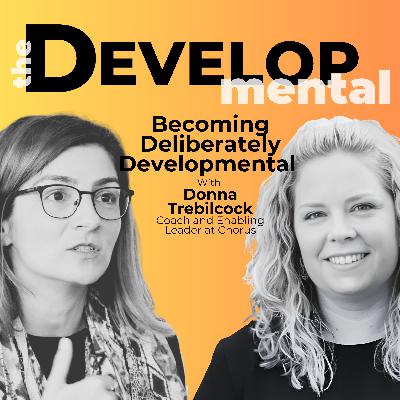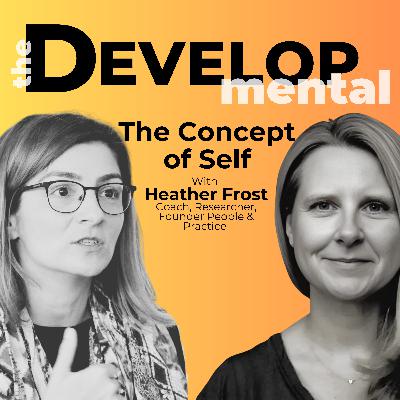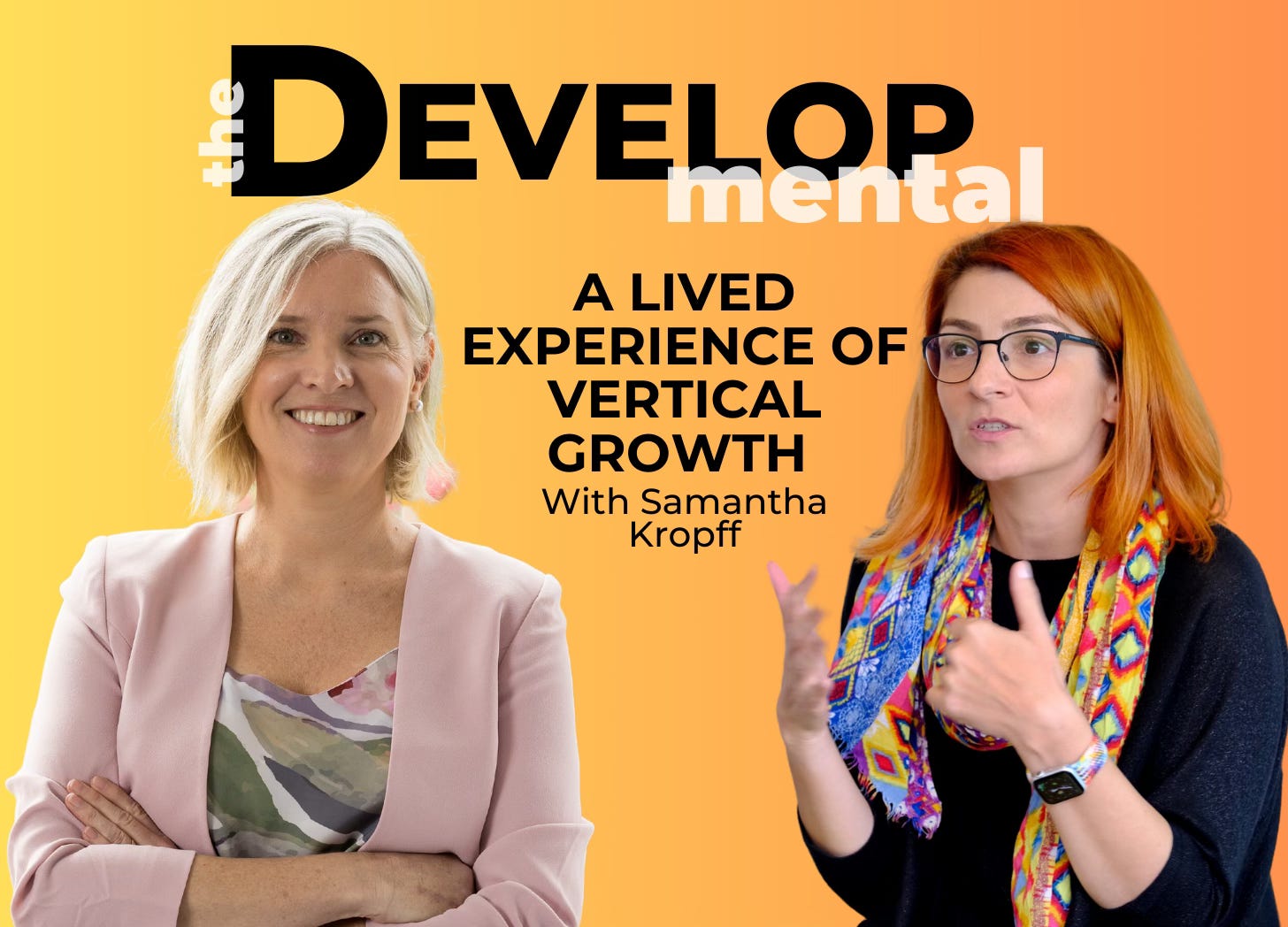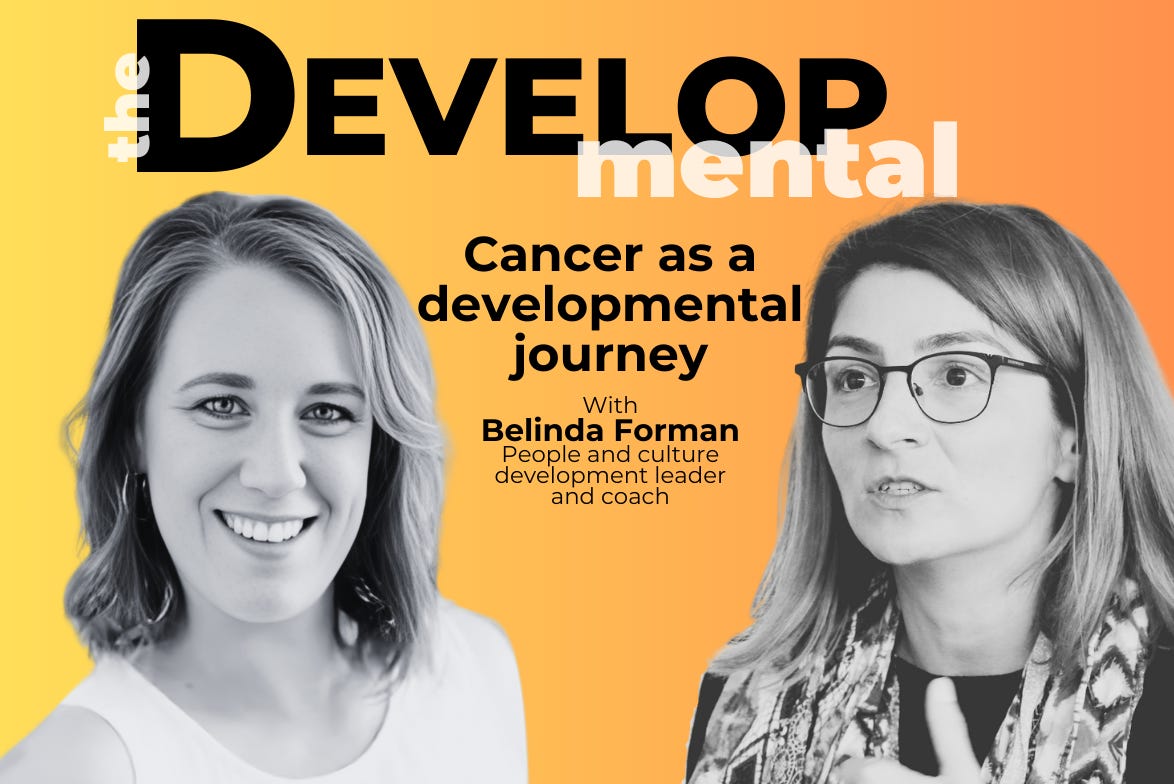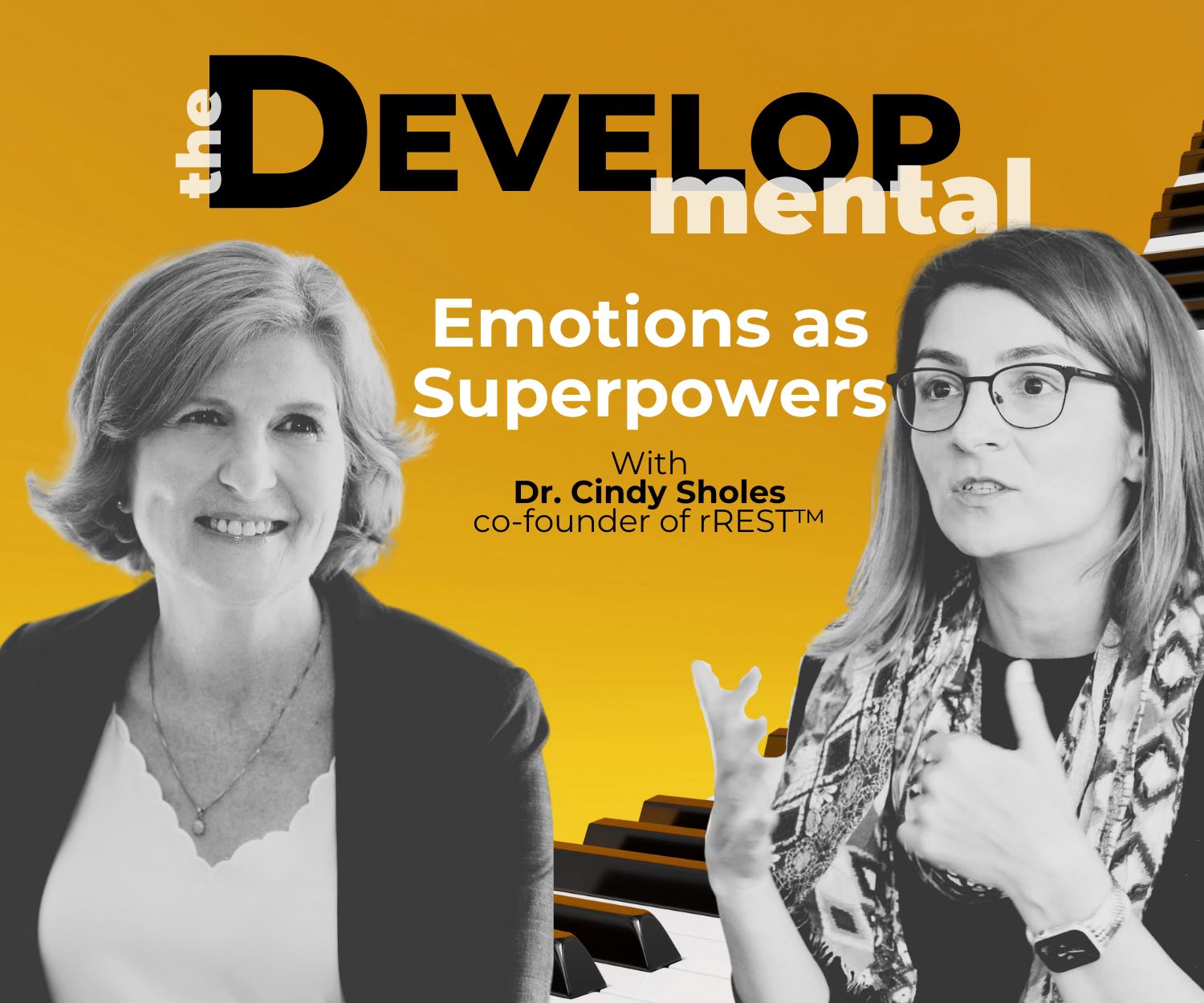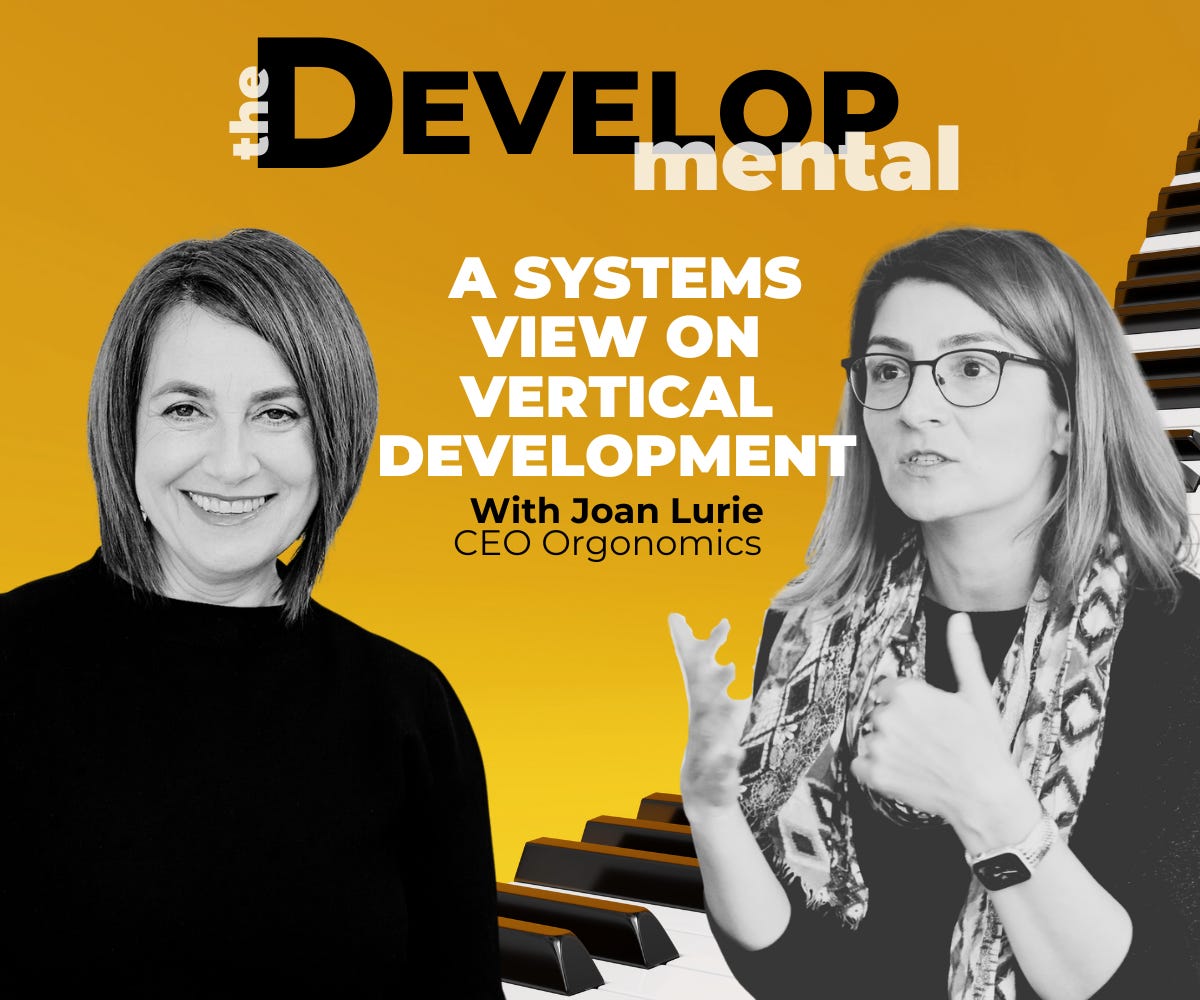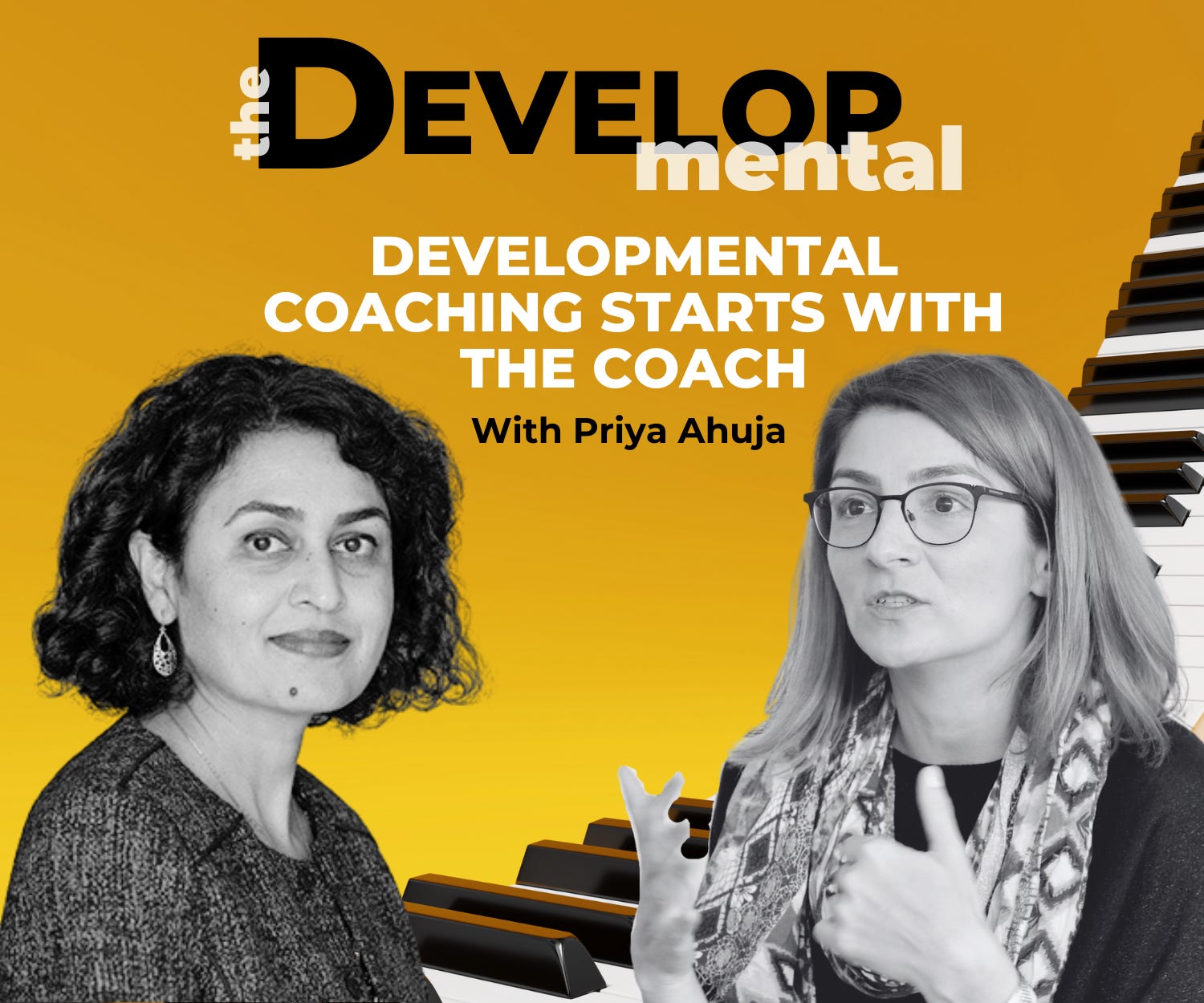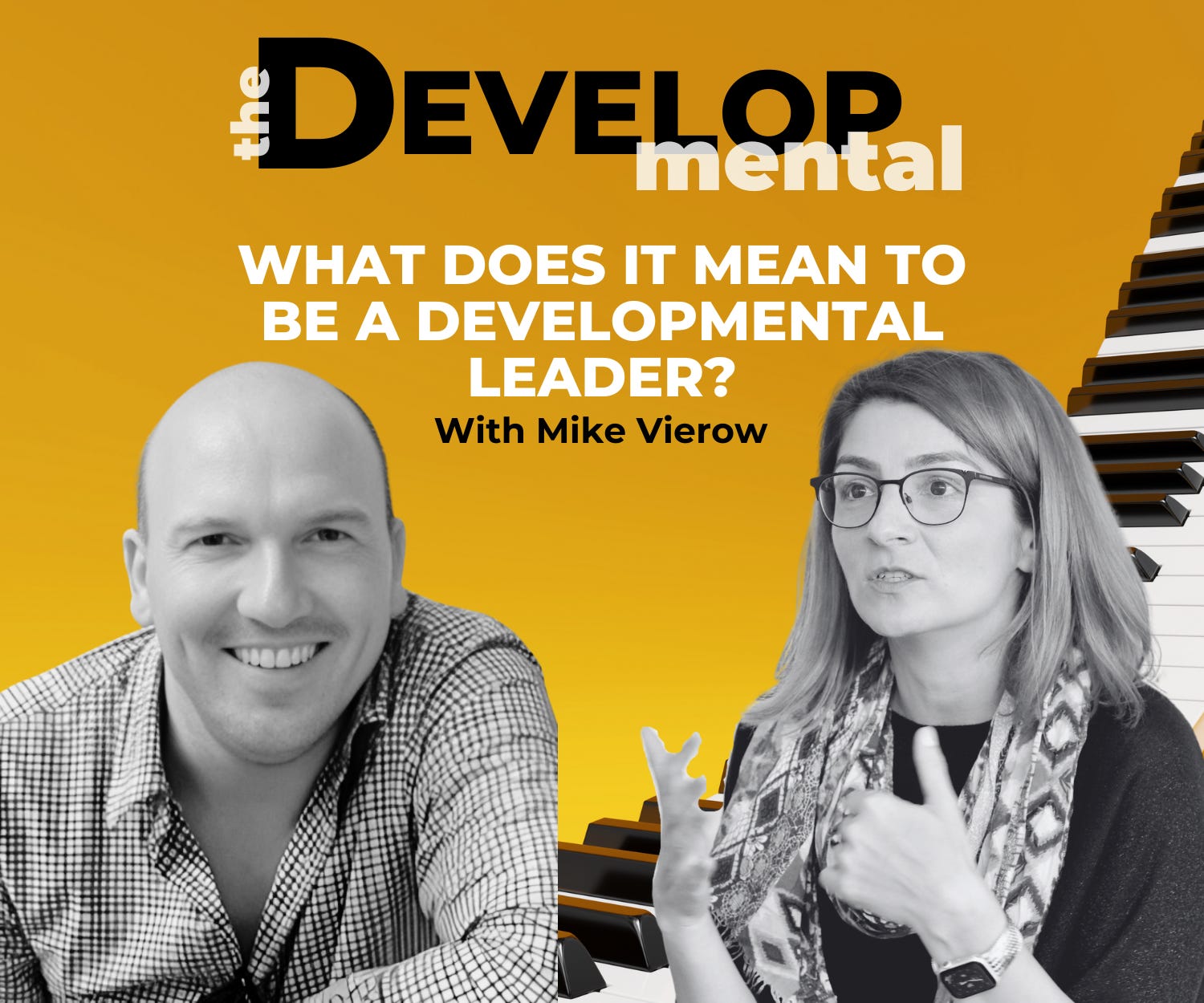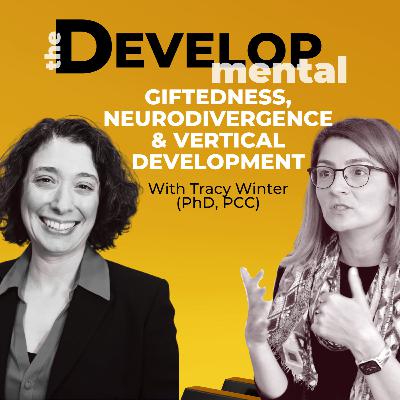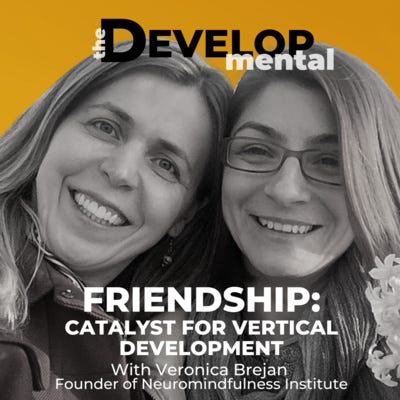Narrating Your Growth: Lifelong Lessons from Keeping a Journal
Description
You can listen to an audio version of this article by clicking the ‘play’ button in the Substack app or, if you’re reading this on your email, click ‘play’ in the voiceover section above. Please let me know in the comments if this audio feature is useful to you and if you think it’s worth adding the audio to every article going forward.
Saturday, 20th of February 1999. 11pm
“I have long worried that if I were to lay down my thoughts in the pages of a journal that would give anyone a gateway into my most intimate musings, and I was afraid to risk it. Until now… I do believe that writing will give my future self an opportunity to go back in time, to re-live the past, to understand it not just with the mind of my future self, but through the eyes of my present self.
Perhaps time will make my memories fade and my grown up self will look back on my teenage years with a completely different perception than my own right now. I’m hoping this journal, which I am starting tonight, will help me better understand my own children when they get to the age I am now. Perhaps it will help future me bridge the ‘generation gap’ …”
This is the first entry in my first-ever journal. I started it when I was 16. My worry that my parents would read it was smaller than my worry that unless I did write, I would forever lose the memory of my teenage self and, with it, the proof that I had looked at the world in ways that seemed incomprehensible to the grown-ups around me at the time.
Through my eyes, adults seemed to be afflicted with a strange sort of amnesia, that had erased any trace of their 16 year-old-selves and made them incapable of understanding the anxieties, passions and visceral intensity of regular teenagers like me. The thought I would one day forget too was terrifying. The journal was an attempt to hold my future self to account, but also my best shot at looking out for the children I knew I would raise someday. I didn’t want them to ever feel as disconnected from or misunderstood by the adult world as I did back then.
That first journal evolved into over a dozen notebooks, spanning 24 years of my life and keeping a record of my becoming. Journaling became the one habit I was able to maintain through life’s highs and lows. I journaled through joy, hope, my first love, through my first heartbreak. I journaled through the death of loved ones, through divorce, through professional highs and the depths of despair. I’ve journaled about dreams that seemed impossible and then came true and journaled through failure and pain.
I’ve journaled when pregnant - when I got to re-read my earliest journals and cry in gratitude for the priceless gift my 16-year-old self had left me. It’s a gift that to this day is helping me be a more conscious mother and keeps amnesia at bay. When my daughter turns 16, I’ll likely share my journals with her and let her make sense of them for herself. Perhaps my own 16-year-old will be a better partner for her at that stage than my middle-aged self. I also secretly hope she’ll start her own journal one day. I’m pretty sure I’ll be journaling for as long as my mind can reflect and my hands able to write. I’m looking forward to adding another shelf for my journals and, in the process, stepping through life as consciously as I possibly can.
I have come to consider this one of the simplest and most powerful developmental practices and credit it for much of my growth. I deeply wish more people considered making it part of their lives. And here’s my case for why.
Thanks for reading Vertical Development: How Grown-ups Grow Up! Subscribe for free to receive new posts and support my work.
Over the years I’ve shared my love of journaling with countless teams and leaders. I’ve met people who had experienced the benefits of the practice themselves and were true believers. I’ve met many others who believed it might be useful but were convinced they could never muster the discipline to do it. And yet others who associated journaling with childhood or youth and could not see how a grown-up, with countless responsibilities in the world, could benefit from putting their thoughts to paper.
I’ve heard many reasons not to take it up. People who say they are not gifted writers. Those who feel silly writing about their day. Those who don’t know what to write about. And those who don’t how to do it. I think all these obstacles can be overcome, but I also think that, before we dive into the HOW, we need first explore WHY it’s worth considering this practice in the first place.
Why journal? The Research
There is plenty of research on the benefits of regular journaling, and there are many of them too, including reducing anxiety and breaking the cycle of rumination, improved awareness, emotional regulation and a host of health benefits such as lower blood pressure, better lung and liver function, fewer depressive symptoms and higher wellbeing. Journaling has even been shown to be an effective intervention to support recovery from addiction.
The actual mechanisms of what makes journaling so useful are not fully understood, it is suspected they serve a valuable role as an outlet for emotional processing and cognitive reframing. When I started my research in vertical development, exploring the journey of a subset of 35 leaders (of a total of 200) going through a 6 month long executive program, I was very keen to use journaling as a way to record research participants’ lived experiences of growth over time. No previous study had taken a longitudinal look at vertical development and none had attempted to capture the subjective experience of development over a longer period. And journaling seemed the perfect tool to achieve that.
I offered participants a series of reflective questions over the 6 months - one question every week. They would receive a prompt on their phones, inviting them to pause, think back on their week and use the prompt question as a trigger for introspection. They would then record their answers and share them with me on the spot. Their journal entries became the most precious data source of my entire study because they always shared things that happened to them that week, their reactions, their moments of wisdom and their moments of break-down and I could see their evolution from one week to the next and from one month to the next.
When I interviewed them at the end of the study, none of them remembered specifically what they had written in their journals. They offered broad reflections on their learnings and life experiences over those 6 months and I could, from my researcher's perspective, witness (with amazement) how memory distorts and deletes and how precious it is to record the things that happen to (and within) you at the right time. This experience validated my early observations that, unless we capture its journey, our evolving self shifts and moves fast, slipping through our fingers and in between the cracks in our memories. Whatever we remember about our lives and pivotal moments is a mere fragment of the rich tapestry of experiences that makes us US. This only served to reinforce my belief in the value of journaling as a memory-preserving tool.
Are you enjoying this article? Feel free to share it and spread the ‘nerdiness’!
But something else happened that I didn't expect. When I interviewed my research participants and asked them what were the most valuable parts of their program experience - a surprisingly large number of them mentioned the journaling exercise as a highlight of their learning and credited it with insights and behavioural changes they were able to make through the program. Most of them had come to think of the journal as an integral part of the program design (not as a mere research tool) and mentioned feelings of developmental discomfort, welcome reflection and even profound insight from those 10 short minutes they spent on it every week.
They shared how the regular writing made them more aware of their behaviours, helped them consider decisions or dilemmas in a new light and even prompted more conscious, considered actions. All of them also acknowledged the weekly nudges and prompting questions were valuable - as they helped direct their thinking and in a sense forced them to slow down and take that reflective time.
While no existing study has explored the value of journaling for vertical development (I might just invite this community to help me run that very study in 2024!) I suspect several benefits of this practice for our long-term growth :
* Journaling helps you make your thoughts/emotions ‘object’ instead of you being ‘subject to’ them (check out Bob Kegan’s theory on this) - which means you can ‘look at’ that which before you were ‘looking through’ - a mechanism that lies at the core of vertical development.
* Journaling also helps you slow down your ‘doing’ and just ‘be’ - reflecting on what is going on within you instead of numbing through keeping busy all the time. This helps develop your self-awareness and the capacity to be in action and reflect on your actions at the same time - a core aspect of adult development
* Most importantly, journaling is a powerful meaning-making tool, helping



